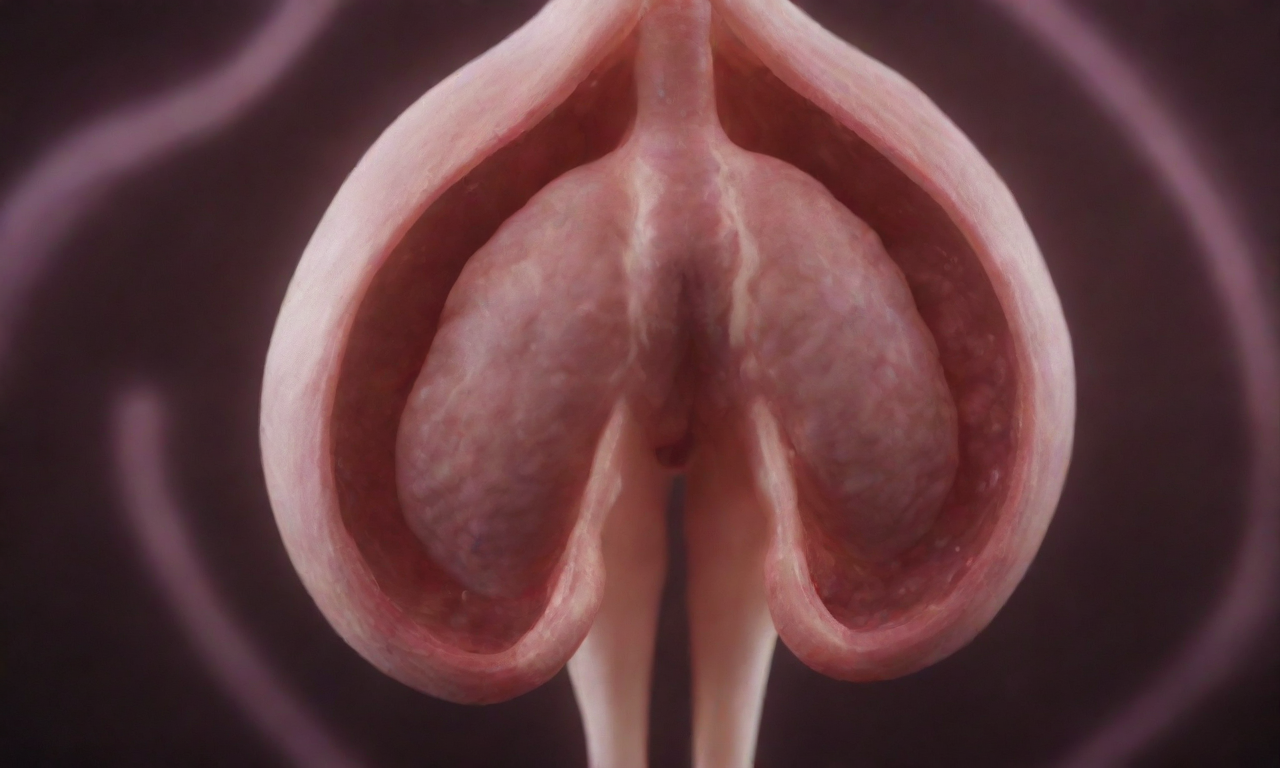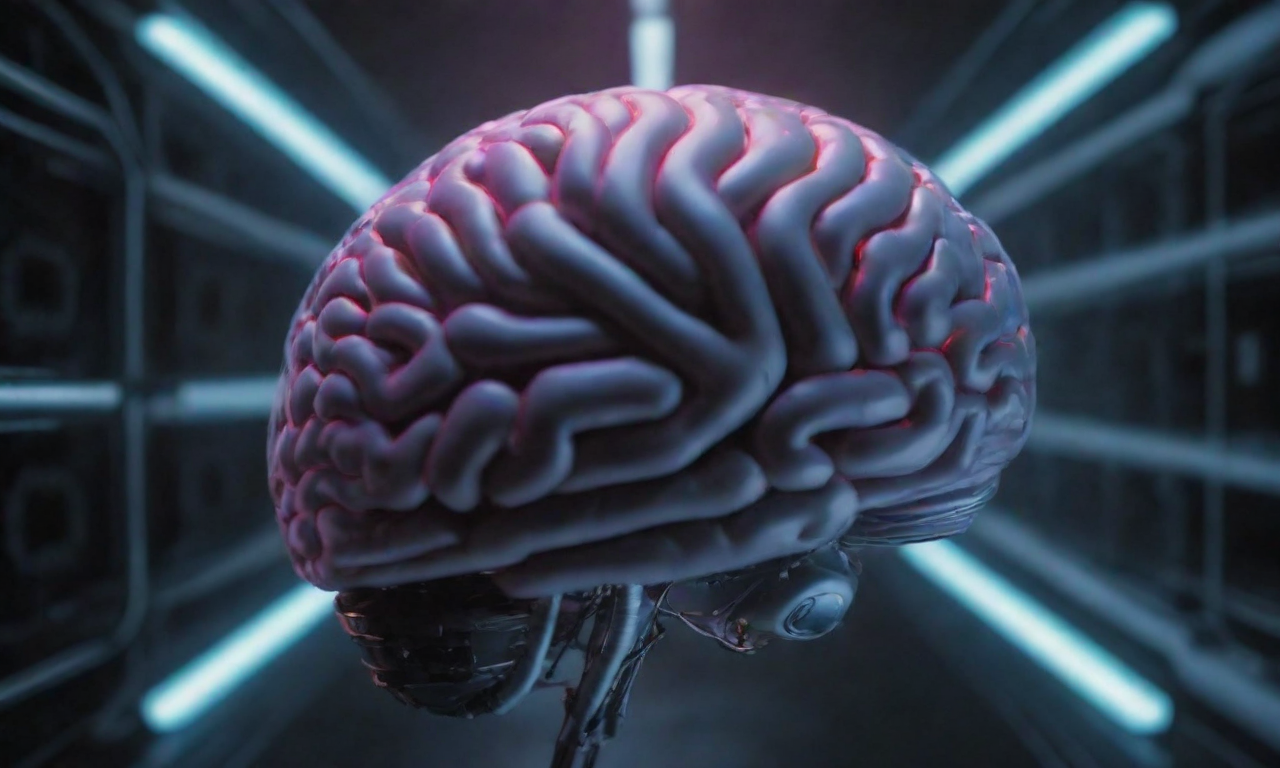I have to say, women today are becoming more and more aware of their humanity. They work hard, constantly strive to improve themselves, and after having children, they become super moms who juggle both their personal lives and careers. However, due to work pressure and inadequate nutrition, they often rely on various vitamins to maintain their health. In order to truly have a good complexion from within, girls need to pay attention to not lacking this vital nutrient — iron. What happens when you lack iron? Many people may not be aware of the consequences! For example: - Cold hands and feet - Dizziness - Easily feeling tired - Pale skin For two specific groups of women, the situation of iron deficiency may be more severe. For girls who have their monthly period, the blood loss during menstruation can cause iron deficiency, leading to fatigue, easily feeling exhausted, and being easily irritated. For pregnant mothers, the iron in their bodies is absorbed by their babies, resulting in a greater consumption of iron. Iron deficiency can also impact the normal development of the baby. Therefore, women are more prone to iron deficiency, and it is important for them to pay attention to supplementing this nutrient in their daily lives. According to a study conducted by the Women's Nutrition and Health Working Group of the China Nutrition Society in 2021, as shown in the "2021 China White-Collar Women's Dietary Health White Paper," 72.2% of women aged 18-49 have iron intake below the recommended level, indicating a risk of iron deficiency. Iron is not only important for women, but also for growing children who have high requirements for iron nutrition. If there is a lack of iron, children may lose their appetite, become irritable, and easily prone to anger. Severe iron deficiency can even affect intellectual development, cause learning difficulties, and impact cognitive abilities, and it is difficult to recover even after supplementing iron nutrition. So why is iron deficiency still so common even when living conditions have improved and we have access to a variety of foods? The reason is that iron nutrition in food can be divided into heme iron and non-heme iron. In terms of absorption rate, heme iron from animal foods is highly recommended. According to the "Chinese Dietary Guidelines" for 2022, it is recommended for adults to consume 50-70 grams of lean red meat every day. However, this may seem simple, but it is not easy to achieve. First of all, sometimes we really don't have the appetite for foods like liver, animal blood, and duck blood. Personally, I don't enjoy eating them. During office gatherings, we can clearly see that people naturally split into two groups: those who eat them and those who refuse to. We understand the nutritional value, that they are rich in iron, especially beneficial for women... but the taste is just a turn-off. Secondly, as working individuals, it is difficult to have a balanced diet in our daily lives! We are busy with work all day long, rarely having the opportunity to stew red meat for ourselves. Even when ordering takeout, the situation is disappointing. Finally, there are two situations that are easily overlooked. First, when we eat meat or iron-rich products and then drink coffee or strong tea, consuming them together greatly hampers iron absorption. In conclusion, it is important for women to pay attention to supplementing iron nutrition, and it is especially essential for children in their growth stage. Iron-rich foods should be included in their diets, and efforts should be made to optimize the absorption of iron.
Only 72% of young women have not eaten enough of it, resulting in common symptoms such as dizziness, fatigue, irritability...
I have to say, women today are becoming more and more aware of their humanity. They work hard, constantly strive to improve themselves, and after having children, they become super moms who juggle both their personal lives and careers....








